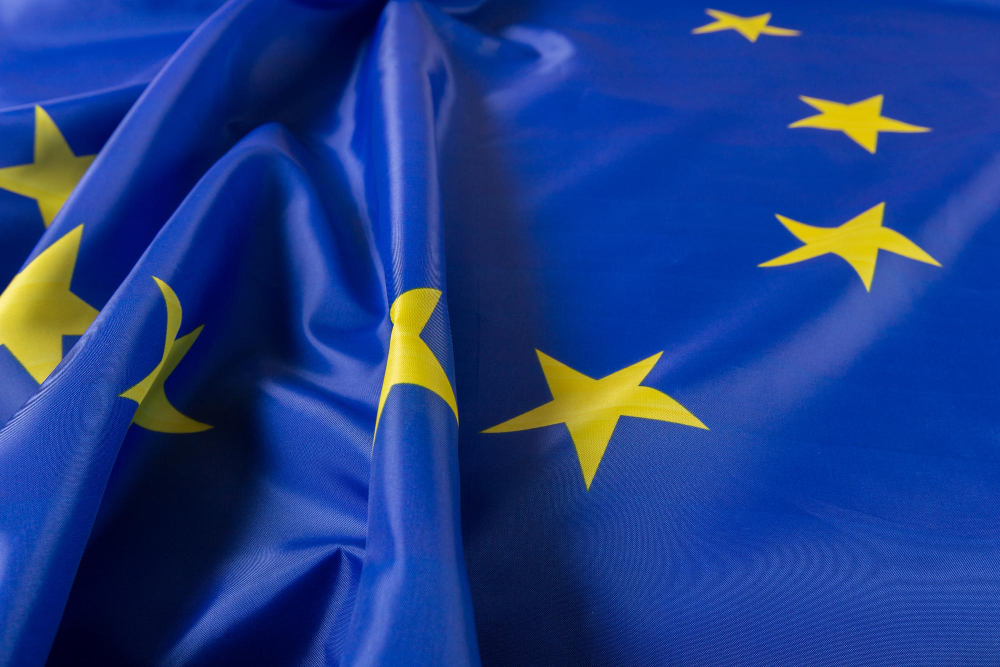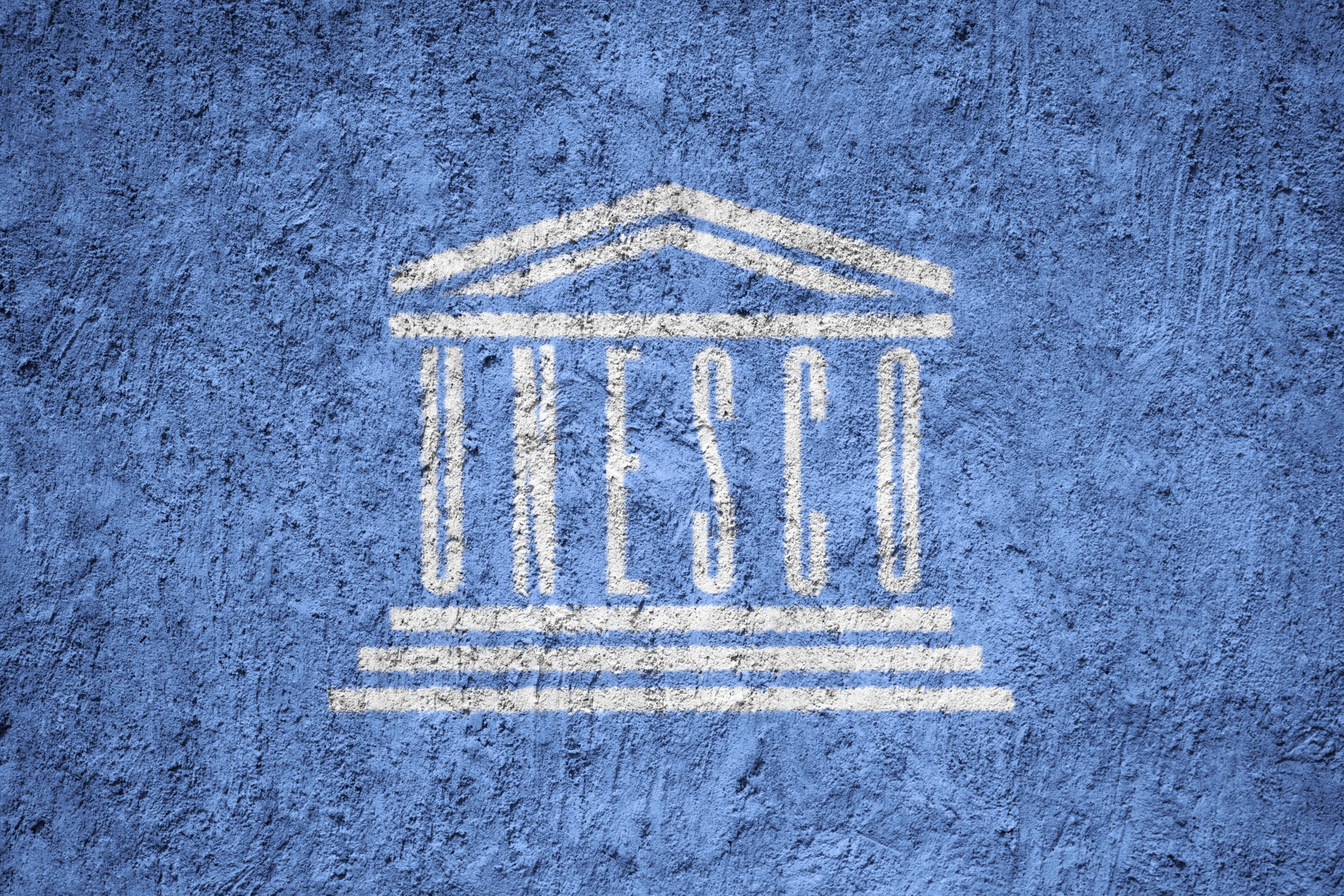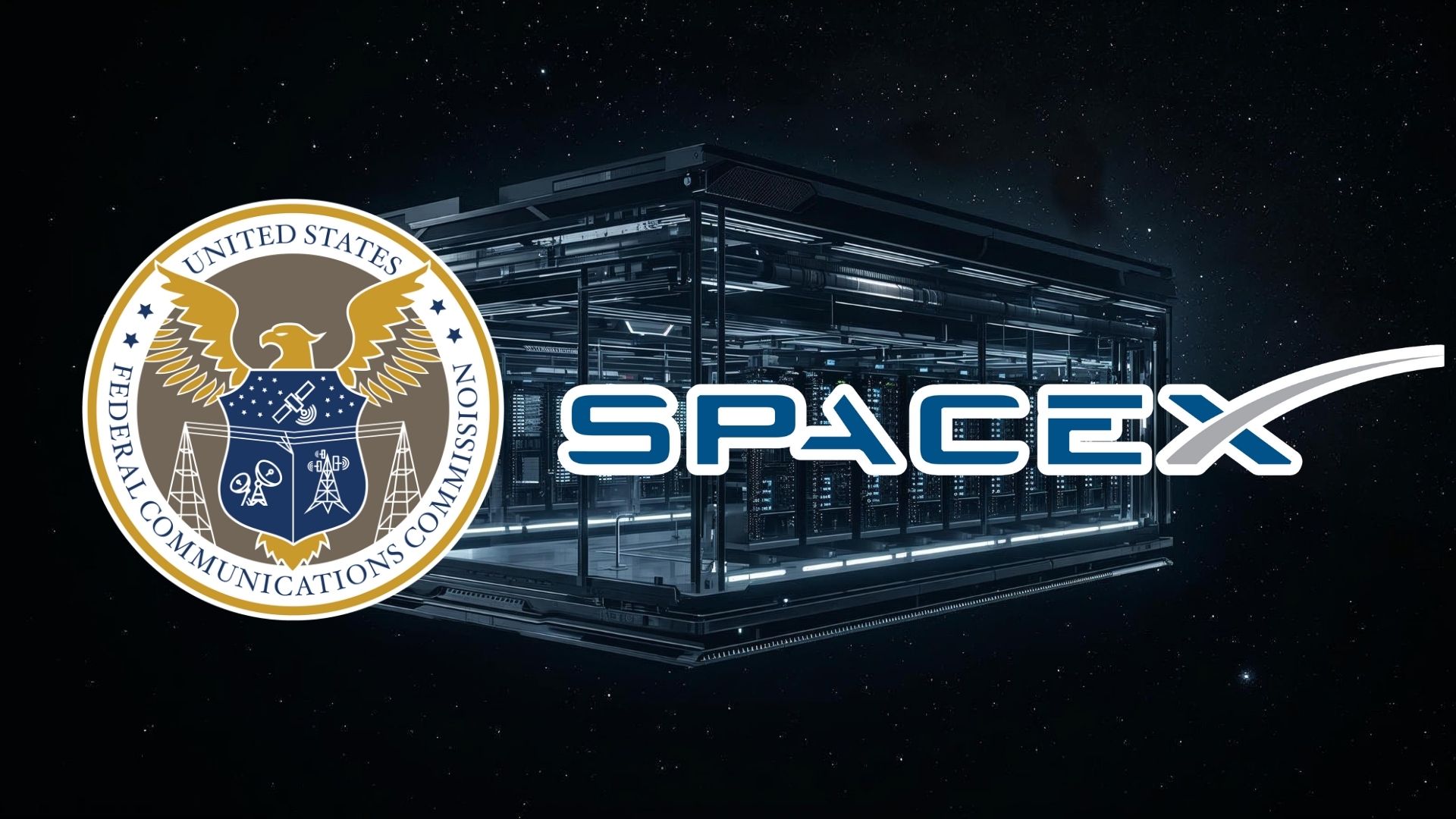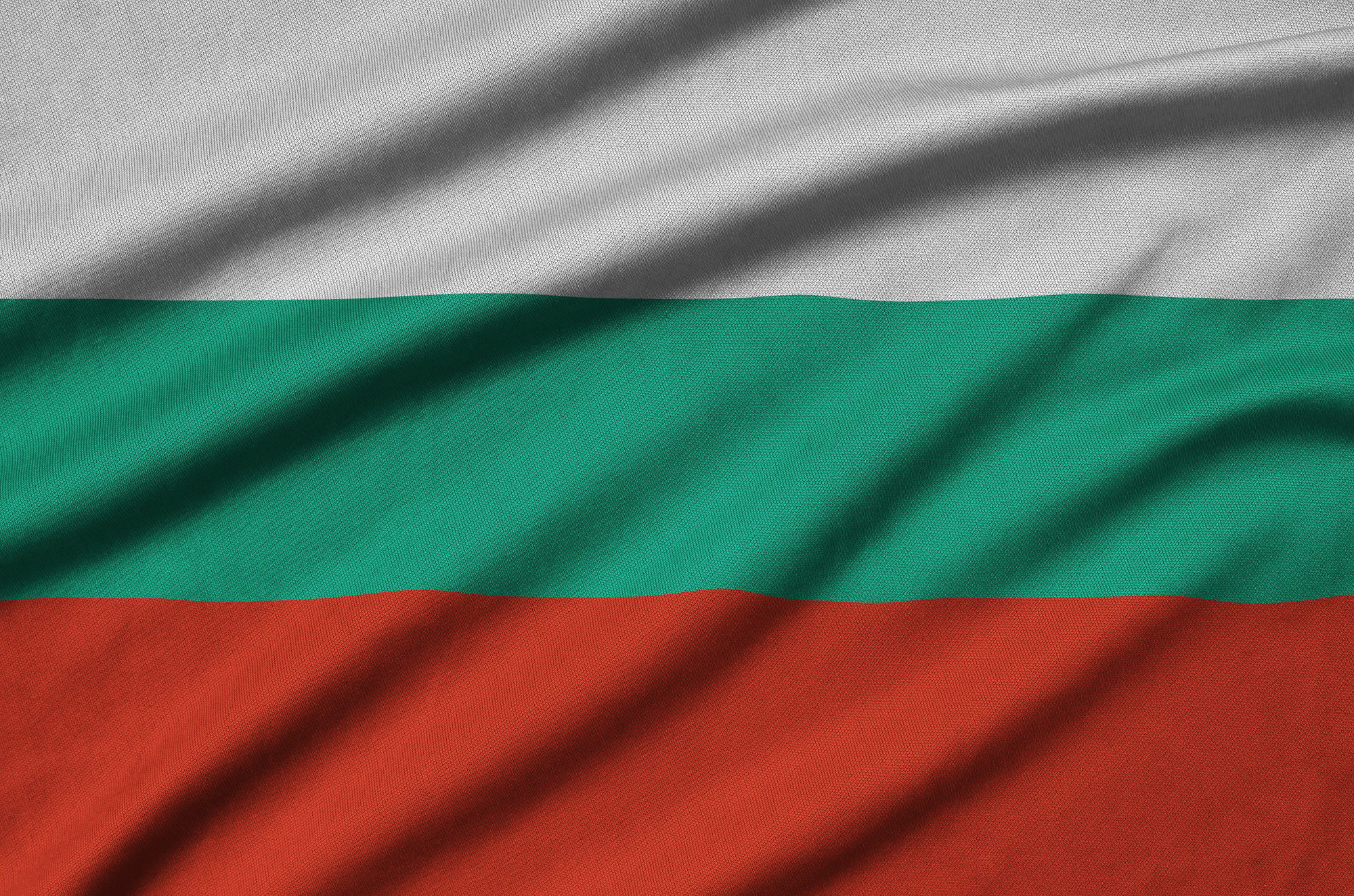Japan and the United Kingdom have formalised a Strategic Cyber Partnership focused on strengthening cooperation in cybersecurity, including information sharing, defensive capabilities, and resilience of critical infrastructure. In related high-level discussions between the two leaders, Japan and the UK also agreed on the need to work with like-minded partners to address vulnerabilities in critical mineral supply chains.
The Strategic Cyber Partnership outlines three core areas of cooperation:
- sharing cyber threat intelligence and enhancing cyber capabilities;
- supporting whole-of-society resilience through best practices on infrastructure and supply chain protection and alignment on regulatory and standards issues;
- collaborating on workforce development and emerging cyber technologies.
The agreement is governed through a joint Cyber Dialogue mechanism and is non-binding in nature.
Separately, at a summit meeting in Tokyo, the leaders noted the importance of strengthening supply chains for minerals identified as critical for modern industry and technology, and agreed to coordinate efforts with other partners on this issue.
Would you like to learn more about AI, tech and digital diplomacy? If so, ask our Diplo chatbot!










